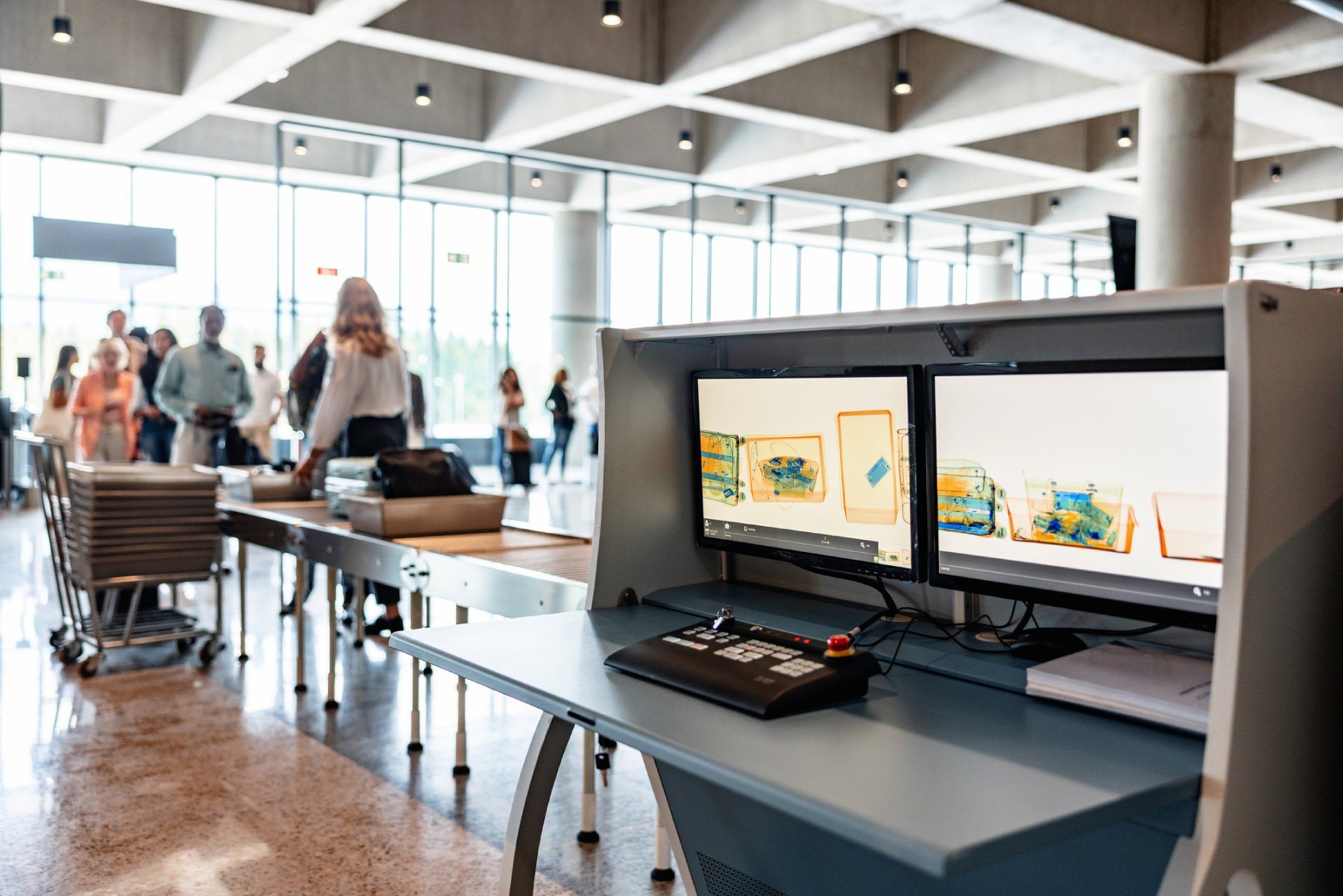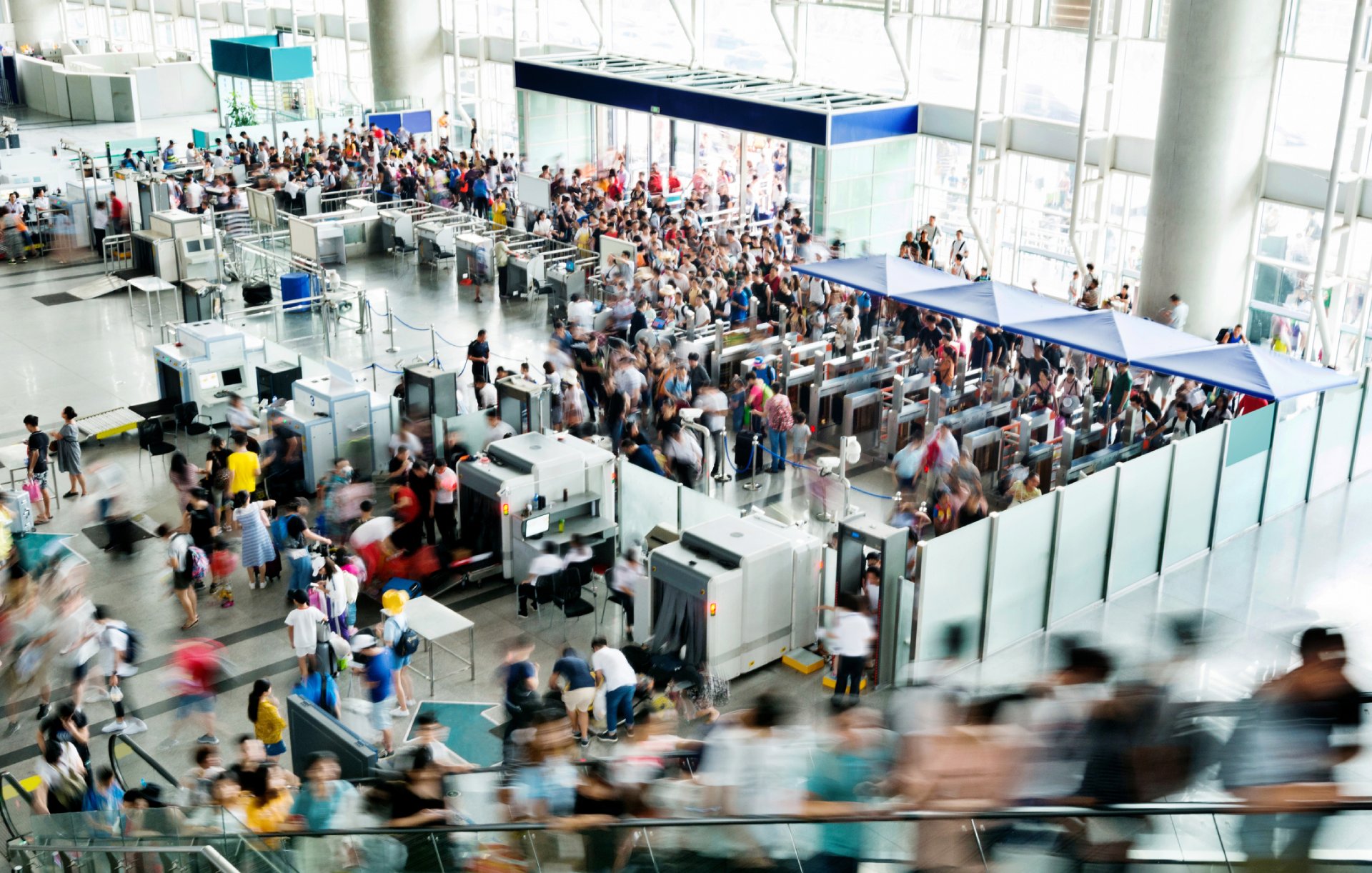Article Highlights:
- AI is transforming duty of care by providing real-time risk analysis and automated safety alerts for business travelers.
- Employers must use AI responsibly, ensuring data security, fairness and transparency in risk assessment and travel safety applications.
- AI-driven platforms enhance travel security by offering personalized safety recommendations and crisis response mechanisms.
- Legal frameworks around AI and duty of care are evolving, requiring businesses to navigate accountability and ethical considerations.
- AI’s future role in business travel includes predictive risk analysis, enhanced security protocols and seamless real-time communication.
Duty of care is the fundamental responsibility of businesses to protect their employees’ health, safety and well-being, particularly when they travel for work. Traditionally, this has meant providing secure work environments, complying with safety regulations and mitigating risks. As business travel becomes more complex and global, however, organizations are leveraging artificial intelligence (AI) to enhance their duty of care obligations, providing real-time risk assessment, automated alerts and data-driven decision-making to ensure traveler safety.
The Expanding Risks in Business Travel
Business travelers face a host of risks, including geopolitical instability, natural disasters, health crises, crime and cyber threats. Employers must assess and communicate these risks and implement protective measures. Even minor disruptions, such as airline strikes, extreme weather or political unrest can severely impact employee travel and business operations in an increasingly interconnected world. The COVID-19 pandemic underscored the need for real-time situational awareness as companies scrambled to track employees abroad, assess health risks and coordinate emergency evacuations.
AI is transforming how companies meet these obligations by analyzing vast datasets, predicting potential threats and offering actionable insights. AI-powered platforms can monitor global events in real time, send automated safety alerts and assist companies in responding rapidly to disruptions. These advancements mark a significant evolution in corporate duty of care policies, ensuring greater preparedness and responsiveness.
AI’s Role in Security, Compliance and Ethical Responsibilities
Beyond risk detection, AI plays a crucial role in security and compliance. Businesses deploying AI for duty of care must ensure that these technologies operate ethically, transparently and fairly. AI developers and users alike have a duty to prevent bias, maintain data security and ensure reliability. AI-based risk management systems must be regularly updated with accurate data to avoid misinterpretations that could lead to unnecessary panic or dangerous oversight.
If an AI system provides incorrect risk assessments, fails to notify travelers of emerging threats or misguides companies in crisis situations, it could constitute a breach of duty of care, leading to legal liability under traditional tort law. Employers must also be cautious about AI-powered surveillance tools, which, while useful for security, can raise employee privacy concerns. Transparency in AI decision-making is critical to building trust and ensuring that employees understand how their data is used to enhance their safety rather than monitor their every move.
AI-Driven Personalization: A Tailored Approach to Travel Safety
AI’s role extends to personalizing travel safety measures. Smart algorithms can tailor security protocols based on an individual’s itinerary, health profile and real-time location. For instance, AI can flag high-risk destinations, suggest safer travel routes and even provide localized safety recommendations, such as avoiding certain neighborhoods after dark. If a business traveler is heading to a high-risk area, AI can proactively adjust travel plans, recommend alternative routes or trigger emergency response mechanisms.
Wearable AI technology is also emerging as a key duty of care component. Devices that monitor health vitals, track location and detect abnormal patterns can alert employees and employers to potential medical or security risks. AI-driven chatbots and virtual assistants enhance traveler security by providing instant, location-specific assistance, whether navigating a foreign city, finding the nearest embassy or receiving medical guidance in an emergency.
Legal and Regulatory Frameworks: The Unresolved Challenges
Legal and regulatory frameworks surrounding AI-driven duty of care are still evolving. As AI systems grow more autonomous, questions arise about accountability – whether responsibility should lie with developers, users or the AI itself. Policymakers and businesses must collaborate to establish clear regulations that define liability and enforce ethical AI practices. Risk pooling schemes, mandatory oversight and transparency requirements could help businesses integrate AI into their duty of care strategies without unintended consequences.
Some argue that AI should be treated as an agent, where legal responsibility for its actions is attributed to those who deploy or develop it. Others suggest that new legal frameworks should be created to address AI liability, such as insurance models that distribute risks among multiple stakeholders. Regardless of the approach, businesses must stay ahead of evolving regulations to ensure compliance while leveraging AI responsibly.
The Future of AI in Business Travel
Looking ahead, AI will continue to revolutionize business travel safety. Organizations will deploy increasingly sophisticated AI models to analyze traveler behaviors, predict potential hazards and offer proactive risk mitigation strategies. AI’s predictive capabilities will allow businesses to preemptively adjust travel plans before a crisis occurs, reducing disruptions and enhancing employee safety.
The ability to track employees in real time, anticipate disruptions and automate emergency responses will become essential components of corporate travel programs. AI will likely integrate with biometric authentication and blockchain technology to enhance identity verification and secure sensitive travel data. Meanwhile, AI-driven predictive analytics will enable businesses to conduct more effective risk assessments by considering historical patterns and emerging global trends.
As AI capabilities expand, so too will the expectations surrounding employer responsibility, requiring businesses to adapt and implement robust, AI-driven duty of care measures. Companies that embrace AI as part of their corporate travel strategy will gain a competitive advantage by ensuring their employees’ safety while maintaining operational continuity in an unpredictable world.
The Global Rescue Connection
Taking these factors into account, organizations can start formulating a duty of care strategy that reflects their core values while meeting legal requirements. This process may include setting priorities, crafting actionable plans, identifying potential weaknesses and anticipating challenges such as budget constraints or disruptions to daily operations. Partnering with industry experts can further enhance these efforts.
Ensuring employees’ safety, health and well-being isn’t just a regulatory mandate – it’s a crucial aspect of fostering a supportive and responsible workplace. Viewing duty of care as more than a legal obligation can lead to a stronger, more resilient organization where employees feel protected and valued.









